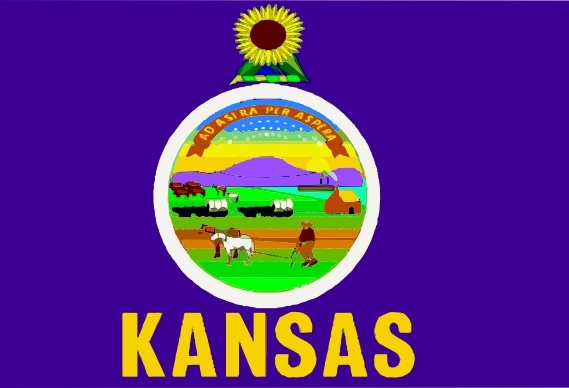High Risk of West Nile Virus Activity in Four Kansas Regions
TOPEKA – The Kansas Department of Health and Environment (KDHE) has issued a high-risk warning for West Nile virus infections (WNV) for north central, south central, northeast and southeast Kansas. Northwest and southwest Kansas are at moderate risk for WNV infections.
West Nile virus is the leading cause of mosquito-borne illness in the continental United States. It is most often spread to people through mosquito bites, but it is not spread from person to person. About 1 in 5 people who are infected develop a fever and other symptoms. About 1 out of 150 infected people develop swelling of the brain or brain tissue and, in some cases, death. There are no vaccines or medications to treat WNV. People who have had West Nile virus before are considered immune.
“As more Kansans head outdoors this summer, it is important to know your risk and take action to prevent mosquito bites to protect you and your family against West Nile virus”, said Dr. Joan Duwve, State Health Officer. KDHE recommends the following prevention measures:
- Visit the KDHE WNV website weekly to learn about the current WNV risk level; https://www.kdhe.ks.gov/1519/
West-Nile-Virus-Risk-Level- Surveillance- - When you are outdoors, use insect repellent containing an EPA-registered active ingredient on skin and clothing, including DEET, picaridin, oil of lemon eucalyptus, or IR3535. Follow the directions on the package.
- Many mosquitoes are most active at dusk and dawn. Be sure to use insect repellent and wear long sleeves and pants at these times or consider staying indoors during these hours.
- The elderly or those with a weakened immune system should consider limiting their exposure outside during dusk and dawn when the Culex species mosquitoes are most active.
- Make sure you have good screens on your windows and doors to keep mosquitoes out.
- Get rid of mosquito breeding sites by emptying standing water from flower pots, buckets and barrels. Change the water in pet dishes and replace the water in bird baths weekly. Drill holes in tire swings so water drains out. Keep children’s wading pools empty and on their sides when they aren’t being used.
- Horses can also be infected with WNV. Talk with your veterinarian about vaccinating your horses to protect them against WNV.
Most WNV infections occur in the late summer and early fall; so far there have not been any reported cases of WNV in Kansas in 2022.
The Centers for Disease Control and Prevention provides this web page with additional information about West Nile virus and preventing mosquito bites: https://www.cdc.gov/westnile/
